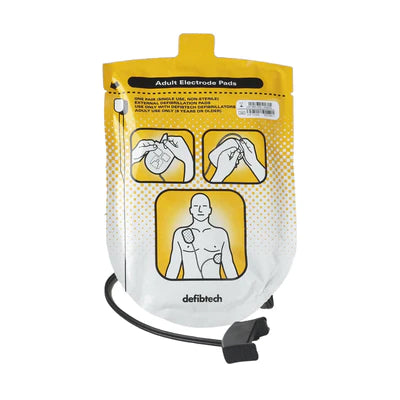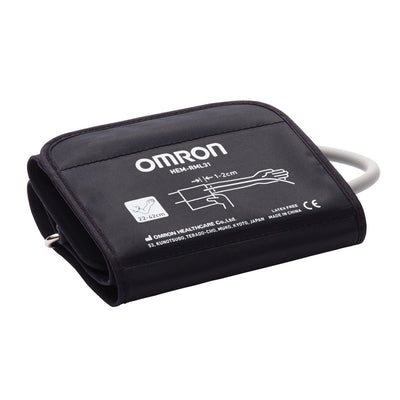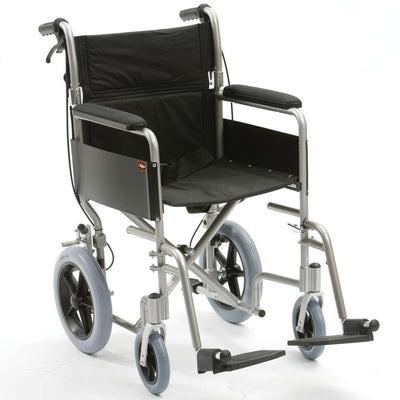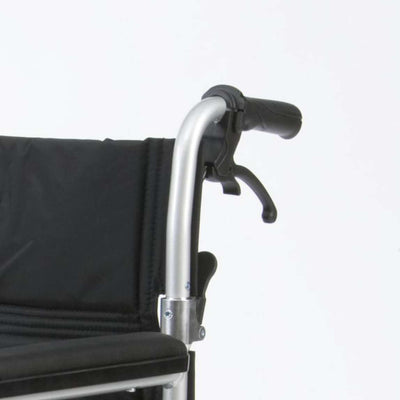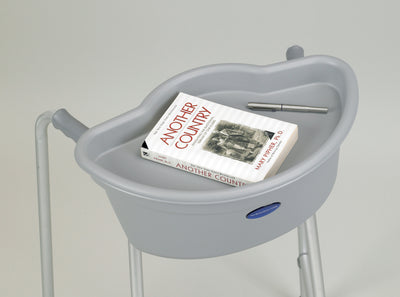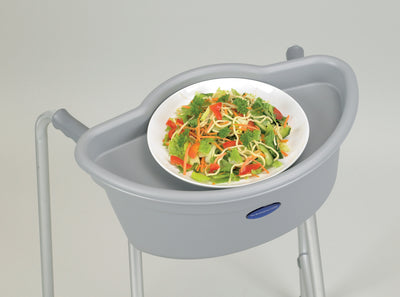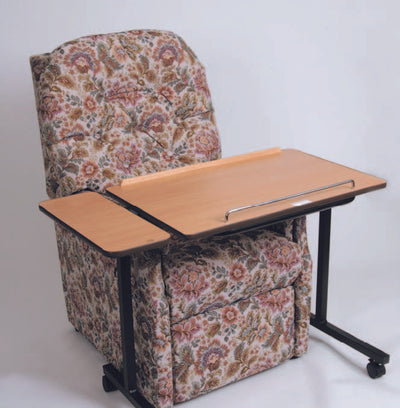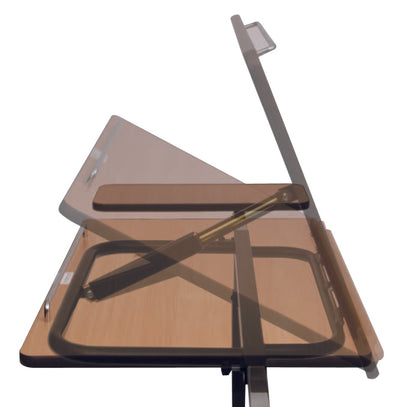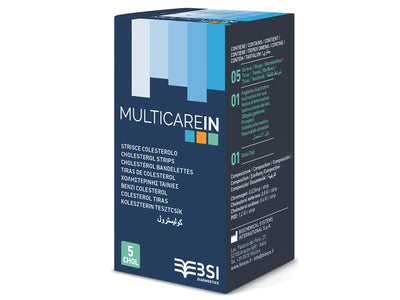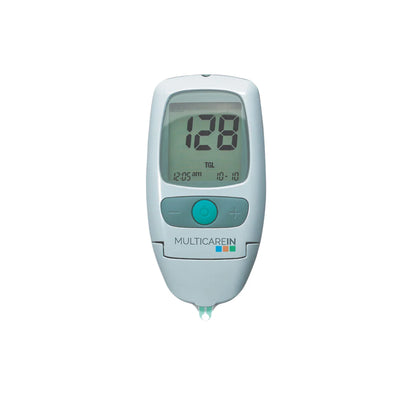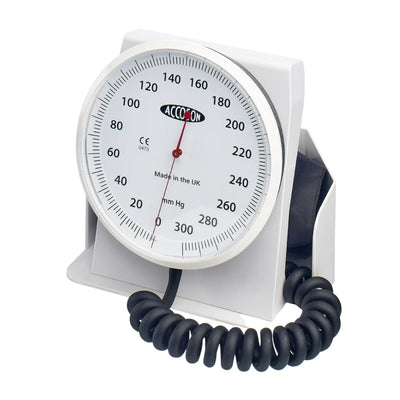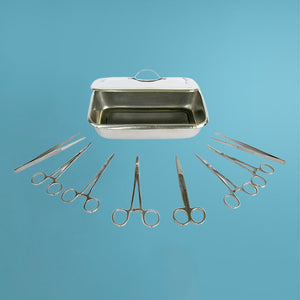Memory Loss and Dementia
We all have moments of forgetfulness and, as we age, we might even regularly find that recalling information like names and details becomes a lot tougher than before. Forgetfulness is incredibly common, especially in older age - but when should we start to worry that our 'senior moments' are actually a sign of something more serious, like dementia, and that it's time to seek professional help for proper support?
What causes memory loss?
There are many causes of memory loss. Anxiety, being over-tired or stressed, boredom and even symptoms of depression can make our recall fail. Some medicines can also cause our memories to slow down - such as steroid tablets and strong painkillers - and medical conditions like Parkinson's Disease, under-active thyroid, urine infections and even bad, chesty colds.
So it's always best to rule out / treat any of these conditions before considering dementia as the reason for your memory loss.
When does memory loss become a concern?
When memory loss is more short-term than long (e.g. if you can recall long-standing memories clearly but struggle to remember more recent events) then your doctor may consider running tests for dementia.
People with early stage dementia can find themselves forgetting names and addresses, or repeatedly searching for the word for common everyday objects. Learning new skills becomes much more difficult, and you might become more easily confused or forget to carry out regular daily tasks like washing, cleaning your house or even eating. Others around you may notice that you're asking the same questions time and again.
Dementia can also lead to personality changes and low mood, and others around you might notice that you're repeating yourself regularly and asking many of the same questions over and over again.
If these symptoms begin to show then your doctor may well run tests to rule out thyroid issues and other infections before considering a course of action for one of the many dementia based conditions.
It's worth noting that although dementia does get more common with age, the chances of developing the condition (even at the grand old age of 95) is still only a two in five chance.
What if dementia is suspected?
There are over 60 types of dementia, with varying degrees of severity. Your GP will refer you for a full hospital assessment with scans, blood tests and full-personal consultation to ascertain what form your condition takes and how to proceed with a suitable form of treatment.
Dementia treatments will involve a balance of both medicinal and occupational support and care. While several medications are successfully being used to balance symptoms in patients with early stage Alzheimer's disease, for example, the effectiveness of any medicinal treatment is certainly improved by the introduction of a specialist care plan to help the patient live as independently as possible for as long as possible.
A care team, including doctors, specialist nurses, physiotherapists and occupational therapists will be put together to ensure all aspects of treatment are in place - and a home visit will be recommended to ensure there are suitable adaptations put in place (such as kitchen aids to help with cooking and eating in the home, grab bars and bathing accessories to prevent falls and even dressing aids for a more independent life).
With a good care plan, many people with dementia can live fulfilling lives for years, often independently and with good family support.
For all your Medical and Homecare supplies give us a call at Mediworld.
We have over 40 years experience in medical, surgical and home health supplies and we're always on hand to chat if you need support or advice. Follow us on Twitter and Facebook.


